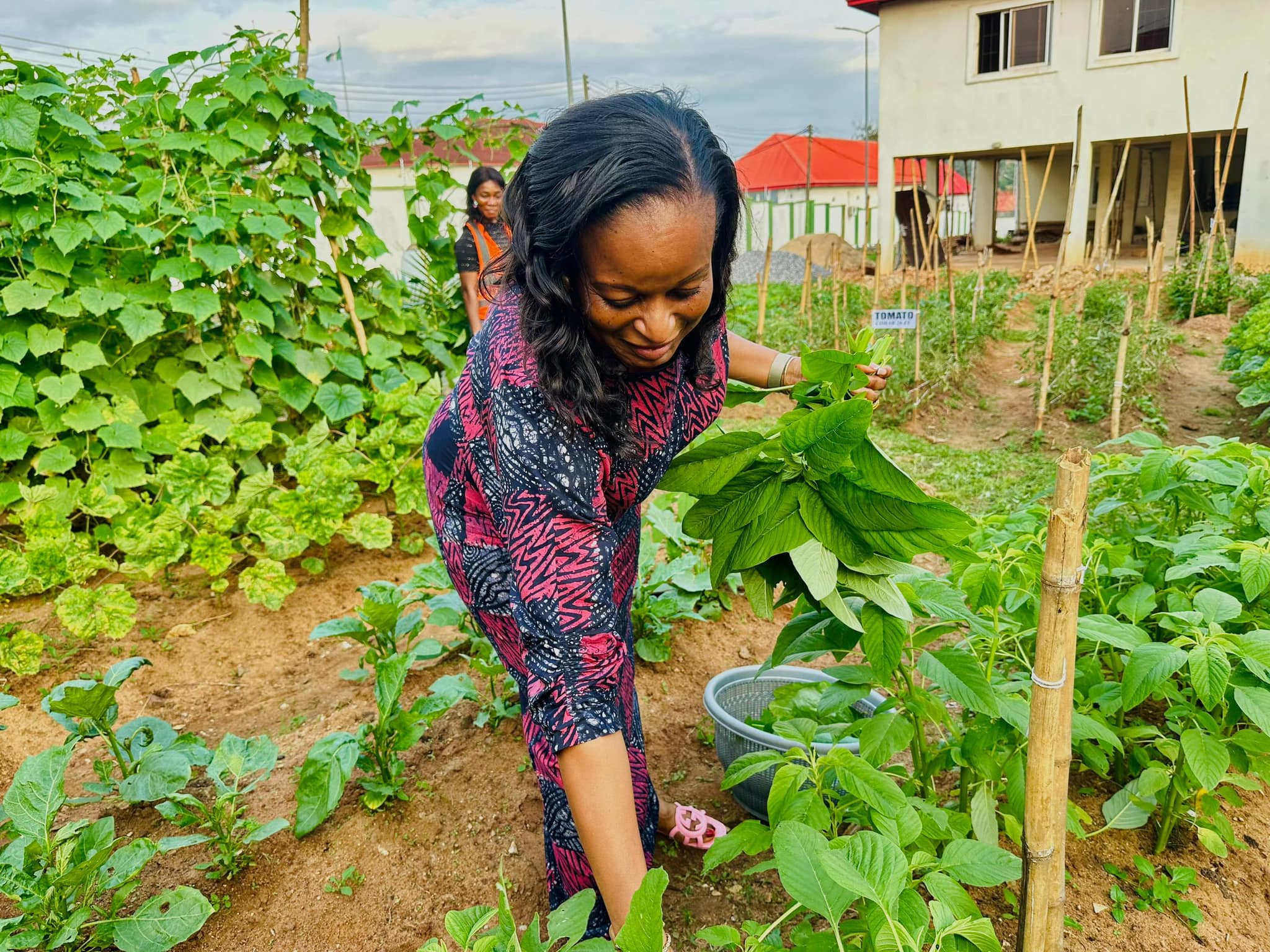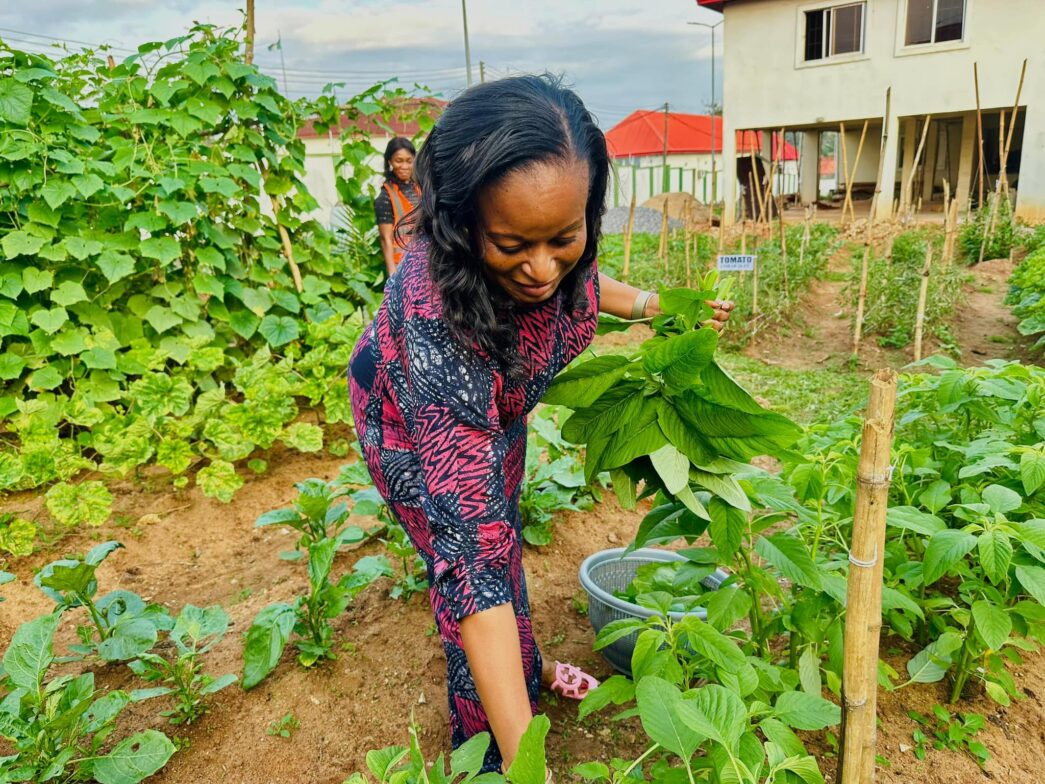Nonye Soludo
In justifying the reason for embarking on the ongoing protest across the country, one protester, at Ojota, lamented how the price of garri – a flour made from cassava – has gone through the roof. Another protester claimed that they were united in the protest by hunger and that the protest had no leader.
Because the right to protest is a constitutional right, many eminent Nigerians have advised protestors to shelve the protest or to be civil if they must protest. Government officials even advised Nigerians to give President Bola Tinubu’s administration some more time to consolidate on its economic policies. While some trade unions and organizations heeded this advice, some persons did not. Sadly, there were reports of skirmishes in some part of the country as a result of the ongoing protests across the country. As at today, some state governors have declared 24-hour curfew.
The current food inflation and cost-of-living crisis have forced the government to come up with a litany of policies. The President Tinubu-led government has gone from temporarily removing import duties on imported grains, making direct cash transfers to citizens, giving food palliatives to signing a new minimum wage law. But the effect of these policies might take some time and some Nigerians seem to be running out of patience.
But this point has to be made: Nigerians need to understand that it is in their best interest for President Tinubu to succeed because Nigerians have no other country. Wanting Tinubu to fail in order to prove a point is not the best way to play opposition politics. More importantly, Nigerians need to get over the argument that the president caused the whole problem by removing fuel subsidy and floating the naira as soon as he assumed office. Since most Nigerians agree that these are good policies, the question now should be how Nigerians can work with the government in order to put the country on the path of prosperity.
Advertisement
On an individual basis, there is at least something every one of us can do in order to ensure food security. And this is the reason why Nigerians would need to follow the examples set by the president’s wife, Oluremi Tinubu and the wife of the governor of Anambra State, Nonye Soludo.
Last week, Nonye Soludo, harvested cucumbers, scent leaves, curry and spinach from her garden in Anambra. This is coming weeks after Madam Tinubu unveiled her state house garden where she planted seven vegetables including spinach, water leaf, bitter leaf, Ewedu, lemon grass, scent leaf, and Okro. While unveiling this garden, Madam Tinubu had this to say: “This little garden will be able to provide healthy vegetables enough for my household, and I would be able to let some of my staff have as well’’. The wife of the president went on to add that this might look like a small feat but when the efforts of many families – who are willing to have gardens in any spare space in their homes or villages – are aggregated, it could impact on food security in the country. In order to take advantage of the power of aggregation, this Saturday, the Anambra State government will be flagging off a program titled, ‘’Farm to Feed Campaign: Backyard farming of cassava stems, maize seeds, vegetables, etc.’’.
Home gardening is becoming very popular. Several European countries have embraced home gardening as a means to enhance food security and promote sustainable living and this is what Madams Tinubu and Soludo are promoting in Nigeria.
Advertisement
In Norway, home gardening is promoted through various community and educational programs. “There’s a great deal of evidence indicating that many Norwegians are choosing to use their new everyday life to return to their roots and find their inner farmer,” said Trond Fidje, a director of retail sales in a cooperative store in Norway.
Home gardens are not only popular in Norway. More and more Britons and Americans have started growing their own food. Seed sales in the UK and the US skyrocketed after the coronavirus epidemic, according to the BBC. The Royal Horticultural Society – which shares knowledge about horticulture – has reported a significant increase in visitors to their websites. For example, in 2020, more than 500 percent more people read about composting when compared to the people who visited the society’s website in 2019.
The same situation has been observed in Switzerland in terms of urban gardening projects, where residents in urban areas use rooftops and small plots to grow their own food. In fact, the case of Switzerland shows that it is possible to have home gardens even if a person lives in a highly urbanized city.
In many African countries, the practice of home gardens dates back centuries.
Advertisement
Health, Safety and Environment (HSE) professionals argue that home gardens not only ensure food security, it helps ensure that families consume healthy, quality and safe foods. One HSE professional argued that home gardens ‘’promotes safe agricultural practices and reduces reliance on external, potentially unsafe food sources.” A garden owner can at least vouch for what was used in growing the vegetable in his or her backyard.
With the concept of home gardens, a family that practices part-time farming should be able to cultivate a percentage of the food it consumes. And when more and more people imbibe the culture of home gardening, the pressure on food stuffs in the market would reduce and prices will follow suit.
Nwankwo is the special adviser to Soludo on special projects
Advertisement
Views expressed by contributors are strictly personal and not of TheCable.
Add a comment













